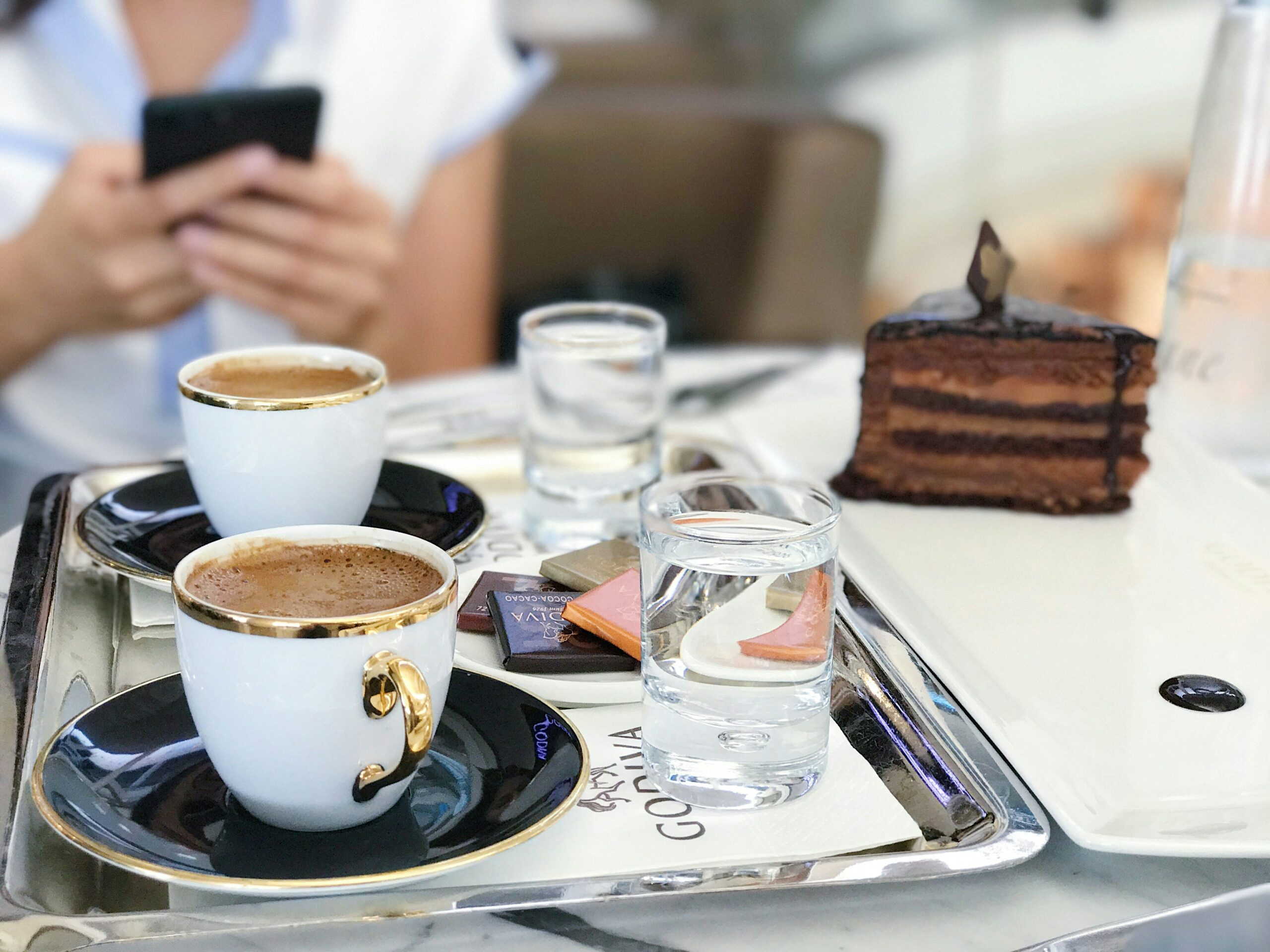Turkish coffee represents more than just a beverage; it’s a centuries-old tradition that embodies hospitality, friendship, and fortune-telling. This ancient brewing method, recognized by UNESCO as an Intangible Cultural Heritage of Humanity, continues to play a vital role in Turkish social life and customs.
Historical Significance
Turkish coffee’s journey began in the 16th century when it was introduced to Istanbul by Syrian traders. The Ottoman Empire soon embraced coffee, establishing the world’s first coffee houses (kahvehane) which became centers for intellectual and social gatherings.
The Ottoman Legacy
- Coffee became so integral to Ottoman society that a law was created allowing women to divorce their husbands if they failed to provide a daily coffee quota
- Palace officials known as “Chief Coffee Makers” held prestigious positions
- The method of preparation spread throughout the Empire’s territories, influencing coffee cultures across Eastern Europe and the Middle East
The Traditional Brewing Method
Essential Equipment
- Cezve (or ibrik): A special small pot, traditionally made of copper or brass
- Turkish coffee cups (fincan): Small porcelain cups with no handles
- Traditional coffee grinder (optional but preferred)
- Long-handled spoon for stirring
The Perfect Preparation
Step-by-Step Process:
- Measure one cup of cold water per person
- Add one to two teaspoons of extra-finely ground coffee per cup
- Optional: Add sugar during brewing (not after)
- Heat slowly on low heat, stirring until sugar dissolves
- Watch for the formation of foam
- Let it rise (but not boil over)
- Pour the foam into cups first
- Return to heat and let rise again
- Fill cups to the brim
Key Elements:
- The foam (köpük) is essential and considered a mark of well-made Turkish coffee
- The coffee should be ground to a very fine powder
- Never stir after serving
Social and Cultural Significance
Hospitality Rituals
Turkish coffee plays a central role in hospitality traditions. Offering coffee to guests is not just polite; it’s an essential aspect of Turkish hospitality. The preparation and serving process follows specific customs:
- Guests are asked how they prefer their coffee (amount of sugar)
- Coffee is always served with a glass of water
- The eldest guest is served first
- Traditional accompaniments include Turkish delight or other sweets
Marriage Traditions
In traditional Turkish culture, coffee plays a significant role in marriage customs:
- During bride-viewing ceremonies, the prospective bride prepares and serves coffee to her potential in-laws
- Sometimes, the bride-to-be adds salt instead of sugar to test the groom’s character
- The ceremony is called “Kız İsteme” (asking for the girl’s hand)
Fortune Telling (Tasseography)
One of the most fascinating aspects of Turkish coffee culture is the tradition of fortune-telling using the remaining grounds.
The Process
- Once the coffee is finished, the cup is turned upside down onto the saucer
- Wait for the grounds to cool and create patterns
- The patterns are then interpreted by a fortune teller
- Different symbols have different meanings
Common Symbols
- Birds: Good news or messages
- Hearts: Love and relationships
- Roads: Journeys or important decisions
- Fish: Financial prosperity
- Trees: Personal growth
Modern Turkish Coffee Culture
Contemporary Practices
While traditional methods remain popular, modern variations have emerged:
- Electric Turkish coffee makers
- Pre-ground Turkish coffee
- Flavored varieties (mastic, cardamom)
- Contemporary coffee shops offering Turkish coffee
Preservation Efforts
Various initiatives work to preserve authentic Turkish coffee culture:
- UNESCO recognition helps protect traditional methods
- Cultural centers offer workshops and demonstrations
- Annual festivals celebrate Turkish coffee heritage
- Museums dedicated to coffee history and culture
Frequently Asked Questions
How is Turkish coffee different from other coffee preparations?
Turkish coffee is unique in that it’s unfiltered, extremely finely ground, and brewed directly with sugar if desired. The grounds remain in the cup and settle at the bottom.
Why is water served with Turkish coffee?
Water cleanses the palate before drinking coffee, allowing you to taste the full flavor. It’s also refreshing and helps prevent dehydration.
How much caffeine is in Turkish coffee?
Due to its preparation method and serving size, Turkish coffee contains less caffeine than a regular cup of filtered coffee, despite its strong taste.
Can I make authentic Turkish coffee without a cezve?
While possible, using a cezve is essential for achieving the proper foam and traditional taste. The unique shape and material of the cezve contribute significantly to the coffee’s character.
Why shouldn’t you stir Turkish coffee after it’s served?
Stirring would disturb the grounds that have settled at the bottom and affect both the drinking experience and the ability to read fortunes from the patterns.
Turkish coffee culture represents a beautiful blend of tradition, social custom, and culinary art. Its preparation and consumption continue to bring people together, creating moments of connection and conversation. Whether enjoyed in a modern café or prepared traditionally at home, Turkish coffee remains a symbol of hospitality and friendship, bridging the past and present of this rich cultural heritage.
The tradition of Turkish coffee demonstrates how a simple beverage can become a central element of cultural identity, social interaction, and historical preservation. As modern coffee culture evolves, Turkish coffee maintains its distinct character while adapting to contemporary life, proving that some traditions never lose their relevance or charm.




Leave a Reply